What To Choose? Downsizing Or Reverse Mortgage?
Wondering if you should downsize or get reverse mortgage? This article will answer all your questions about the two.
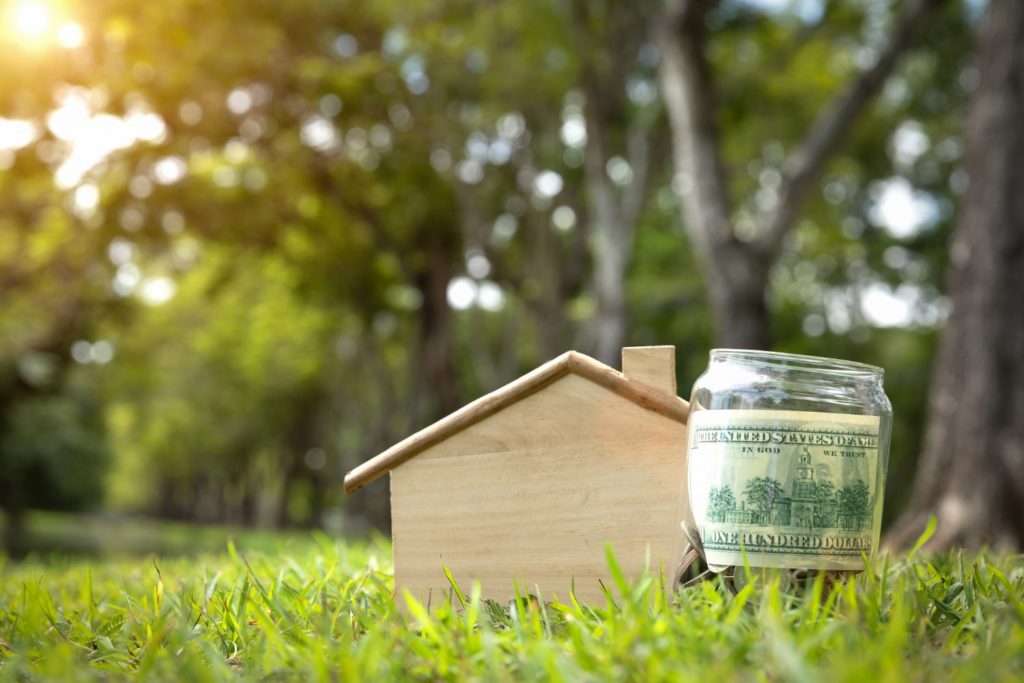
Source: Freepik
According to a study, 93% of Canadians wish to age at their own home. Two ways to accomplish this are by either downsizing the mortgages or reversing the mortgages. While a reverse mortgage is a powerful tool to preserve your independence to stay in the same home you love, downsizing allows you to buy a new home and stay in a new home for the rest of your life.
When you are approaching retirement, your home is your biggest asset to fall back on if you have no other income source to support your post-retirement expenditures. You would want to tap your home equity to help fund your family when you are not actively earning any remuneration.
The question that might arise in your mind is how to best use your home equity to maximize profit. For your knowledge, there are two options available for you:
- Downsizing
- Reverse mortgage
To help you make an informed decision, we will help you with the pros and cons of both.
What is downsizing?
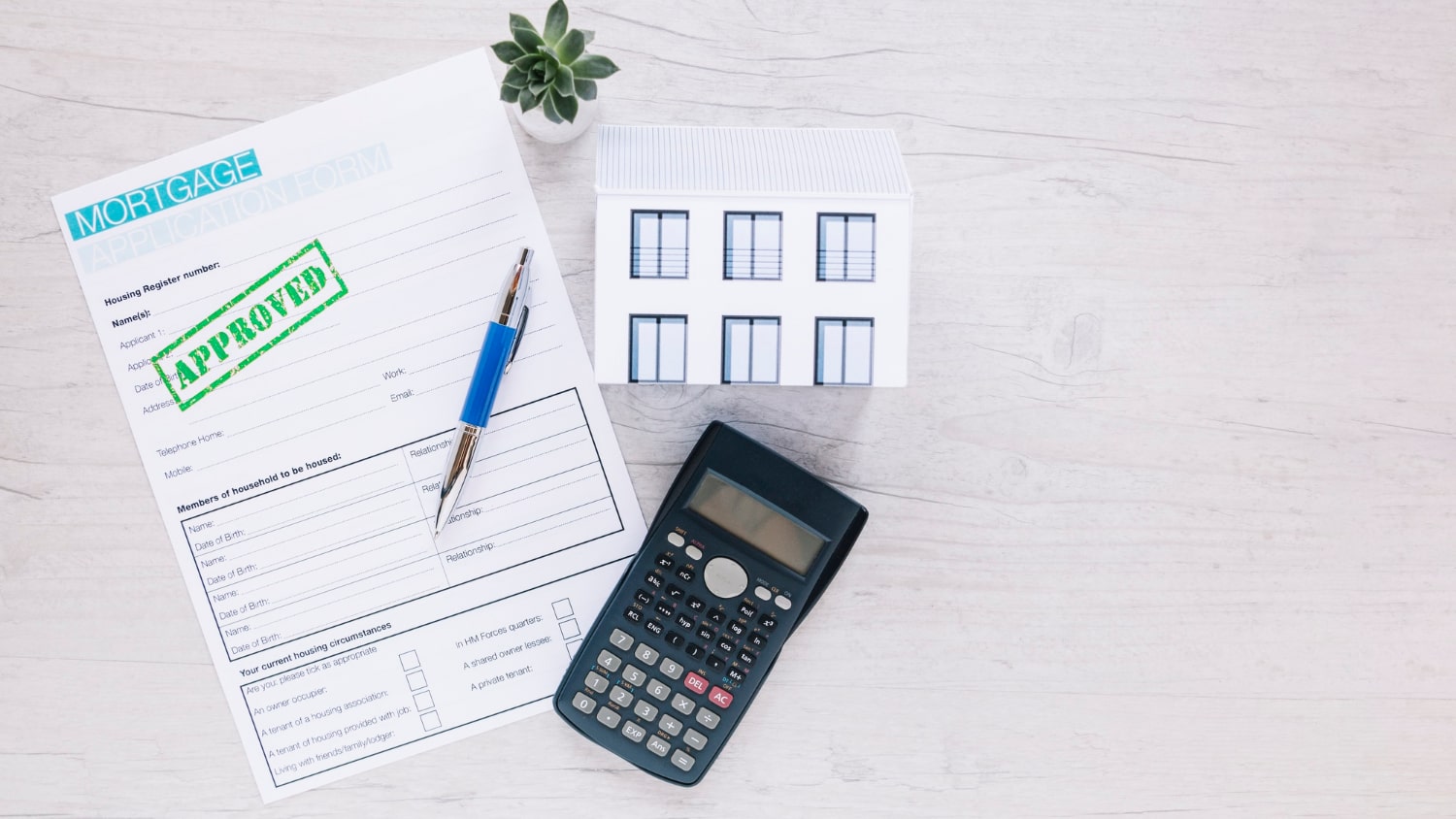

When you sell your home at a higher price, buy a cheaper home with that money, and pocket the difference is downsizing.
What is reverse mortgaging?
When you take a reverse mortgage, you mortgage your home equity to the bank/lender, and you get a certain percentage of the present market value of your primary residence, tax-free.
What is the difference between downsizing and reverse mortgages?
Although downsizing does not involve any future payment obligation for the owner, in a reverse mortgage, the owner must pay the monthly interest charged on the principal balance amount until you paid it off.
You will not have to pay the interest or the principal, if you hand over/sell the hose to the lender, move out of the home, or default on the loan and bank/lender call the loan off, or the last homeowner dies.
Reverse mortgage explained with an example.
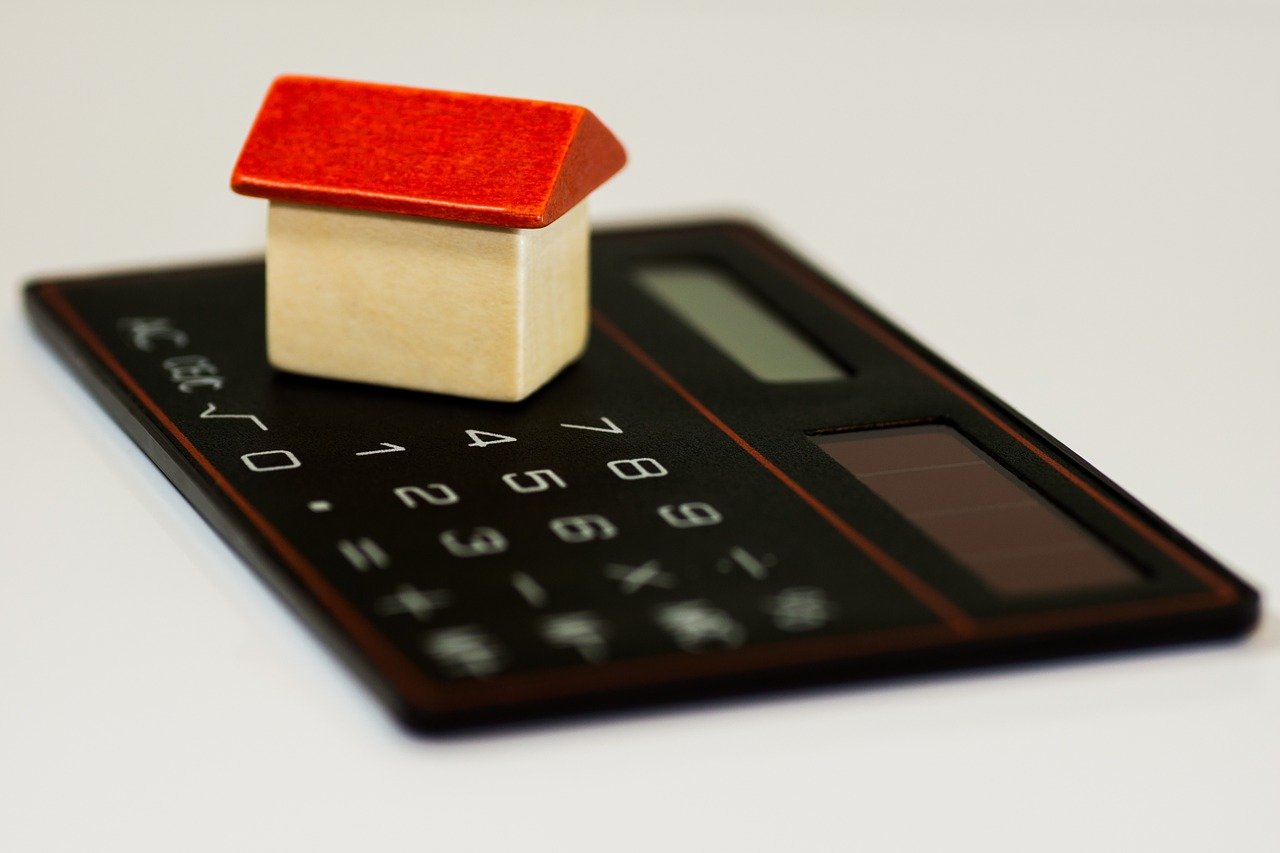

- You will be eligible for a reverse mortgage in Canada if you are 55 of age or older.
- You are eligible for 55 percent of the property’s present market value.
Suppose your home presently is worth $500000.
After the evaluation, the lender finds the home eligible for a reverse mortgage and offers you the maximum value, i.e., 55%.
The reverse mortgage amount is ($500000*55%) = $275000.
This is the tax-free amount, and you need to pay the monthly interest until you stay on the property, pay off the loan, or sell it to the lender.
Pros & Cons of Downsizing & Reverse Mortgage
You need to consider the following factors and do the math before choosing the right alternative that suits you.
What are the Charges & Fees for downsizing?


Downsizing involves new real estate fees, land transfer taxes, HST for a new build, monthly maintenance fees, and moving costs.
When is downsizing a good option?
Downsizing means moving to cheaper are or accommodation. This can appear to be good for some who want to be away from the humdrum of the city and when your grownup kids have already moved away to affordable accommodation.
When a reverse mortgage is a good option?
You may lose access to specialized healthcare or services you are used to. It can also appear to be a less involved parent or grandparent. To avoid both scenarios, a reverse mortgage is a better option.
With a reverse mortgage, you get a lump sum or a regular payment from the home equity while you stay in the same home, enjoying the same amenities and large city facilities, stay closer to your friends and families.
Downsizing may cause the loss of space and you feel restrictive. Your first home is spacious, with an expansive backyard for a get-together or a house party. Moving to a smaller home, you may lose out of space to invite guests.
With Covid-19 taking a toll on our lives and lifestyles, working from home becomes harder in smaller quarters. A reverse mortgage is a better option in this case.
Inheritance for kids and next generations
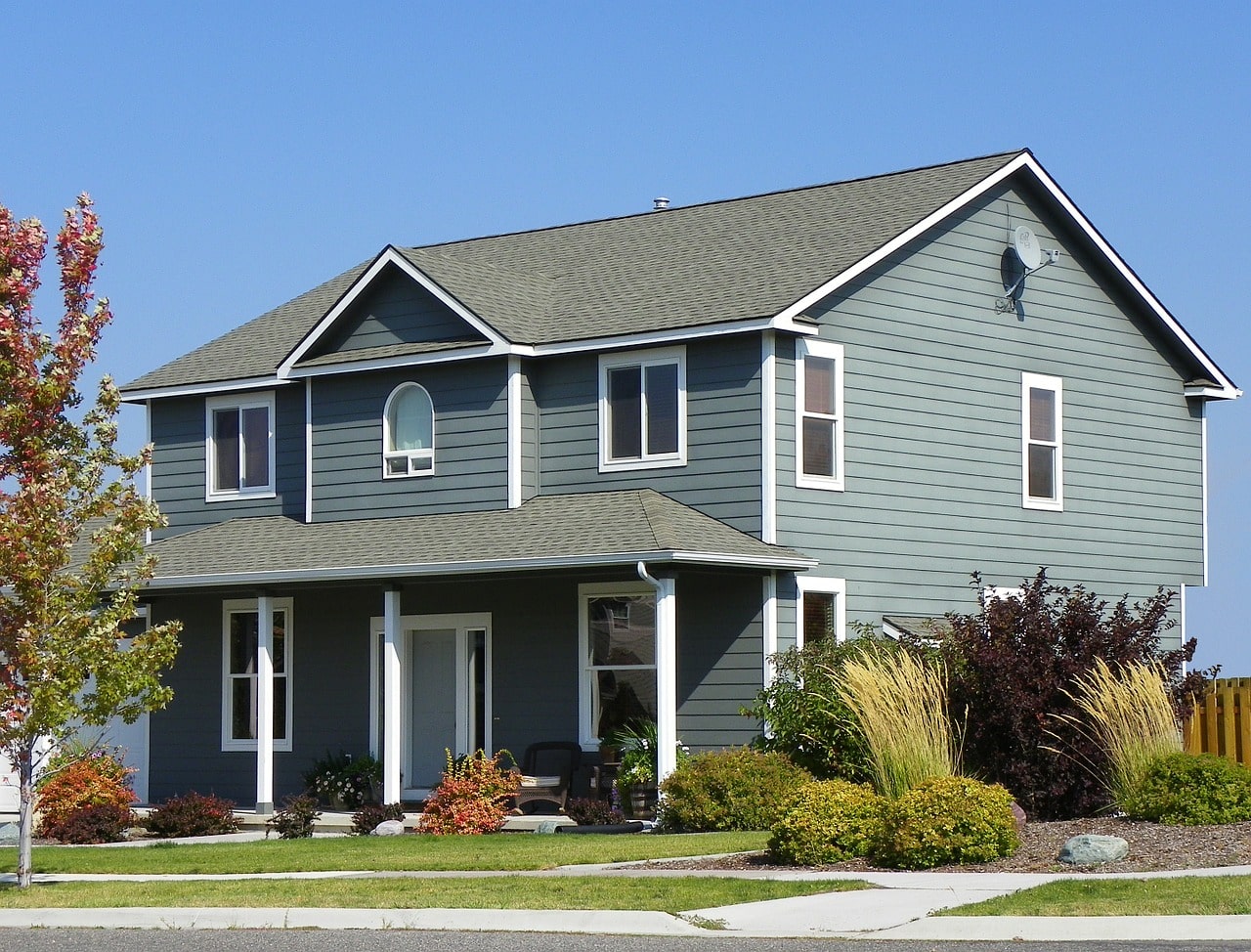

While reverse mortgage effectively transfers the home equity to the mortgage lender, downsizing helps you keep the home equity. If you aim to leave a sizeable inheritance as a legacy for the generations next, downsizing is the way to go.
Remember the appreciation value of your home equity year on a year that will leave a sizeable amount passed on to your heirs. This could be the same for a reverse mortgage with a difference. As you stay on a reverse mortgage property, the value will appreciate that you could leave for your heirs as a part of the home equity. However, the difference is the interest on the reverse mortgage loan, which is not with downsizing.
Considering the loan amount, accrued interest, number of years you stay there, you realize that there is not much home equity left for your heirs. After your death, the heirs might have to sell the property to get the remaining part of the home equity as cash. But one is sure that they will never owe more than the worth of the home if you meet the mortgage repayment obligations on time.
Which is the good option to fund your retirement?
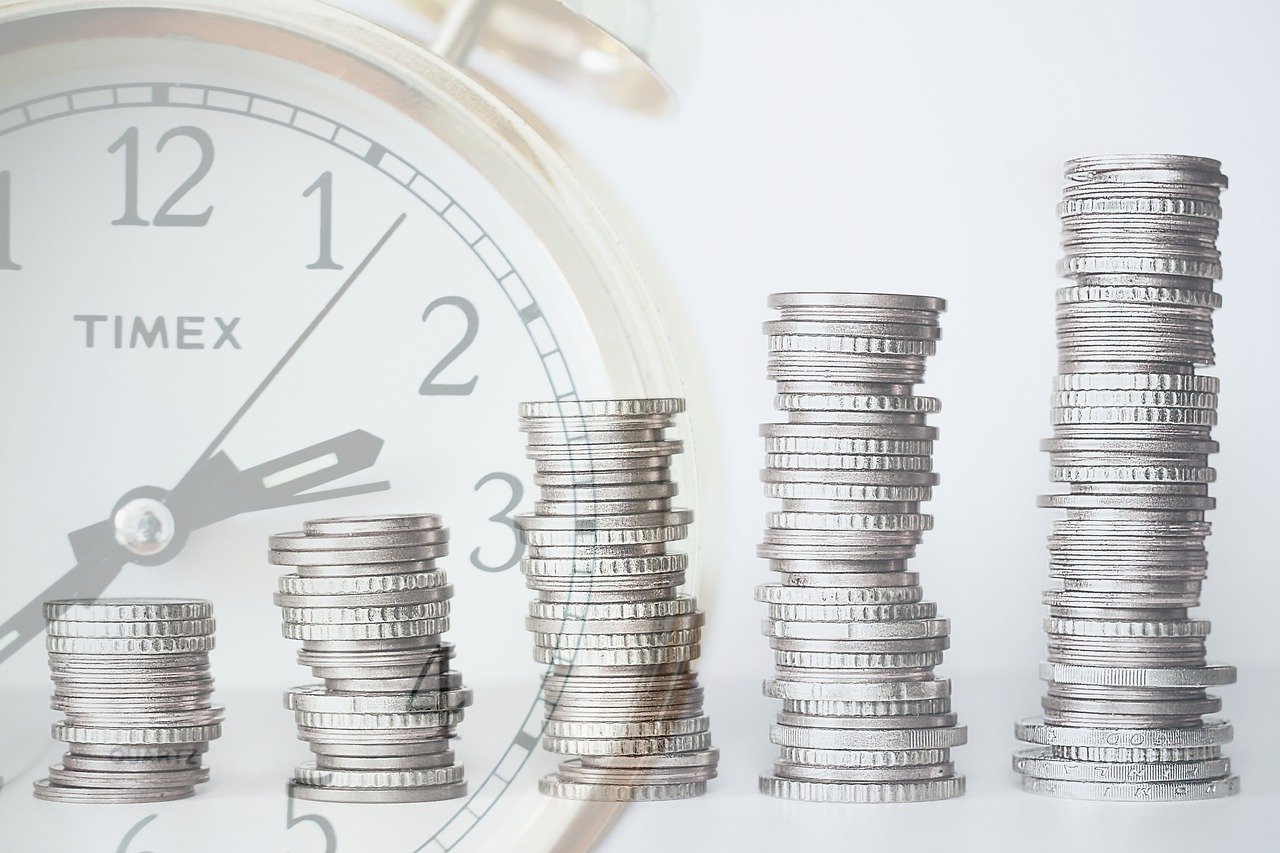

Some prefer downsizing to fund their retirement and invest the remaining to cover their living expenses. You need to invest in a secured asset class like an annuity to secure your money, or else you do not know how long the money will last if invested otherwise.
Even income from an annuity is taxable, which could affect other government benefits like Old Age Security (OAS) and Guaranteed Income Supplement (GIS).
A reverse mortgage can prove to be more beneficial in funding retirement. It will provide regular tax-free income and will not adversely affect your OAS or GIS.
The bottom Line
For some, it may look favourable to downsize to a cheaper and smaller home because you can fund your retirement expenditures while holding to the home equity. But you need to compromise on the lifestyle you and your family enjoyed all their lives.
You might need to make a hard decision to leave your home, family, friends, and relatives and get rooted in all-new surroundings. A reverse mortgage helps maintain the same surroundings, and close ties with your family and friends, stay and die in the same beloved home with all the sweet memories.
A reverse mortgage enables you to enjoy the luxury of the same space with tax-free income that can fund your retirement comfortably but lose on the equity if you cannot pay the mortgage off before you die.



